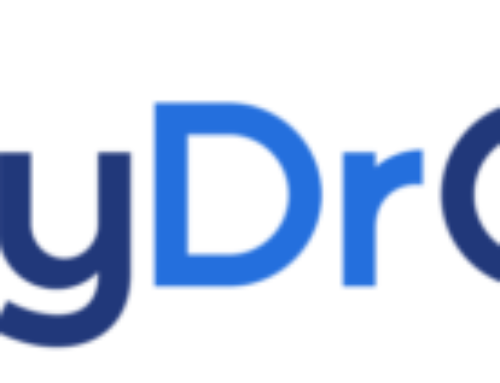In the United States, patents are commonly issued for twenty years. This includes patents that are obtained by pharmaceutical companies for new drugs. However, because companies apply for patents before clinical trials begin to test the safety and efficacy of drugs, the effective patent period is often between seven to twelve years after FDA approval.
What Happens After FDA Approval?
During the time remaining in the patent period, the FDA-approved drug is sold under the brand name that its company has given it. The drug is patent protected; therefore only the pharmaceutical company holding the patent can manufacture, market, and profit from it.
What Happens When a Drug Patent Expires
Once the patent on a drug expires, it can be manufactured and sold by other pharmaceutical companies. It is then referred to as a generic drug. However, as required by the FDA, these generic drugs must be identical to the original branded drug according to its safety, efficacy, usage, administration, pharmacodynamics, and pharmacokinetics.
Effect of Patent Expiration on Pharmaceutical Companies
The problem for the pharmaceutical company that held the patent is that once it has expired, they could lose up to 80 percent of sales to their new competitors who are selling the generic version of their drug. Competitors can offer generic drugs at a lower price because they don’t have to invest in so much research and development.
While it is possible for drug companies to attempt extending the patent through litigation, this is not always successful and leads to court battles with generic companies. It also tends to slow medical innovation as focus is taken away from making new medicines.
However, there are steps that pharmaceutical companies can take to slow the loss of sales. Building brand loyalty through marketing efforts to maintain brand awareness can help retain customers. Learn more about how AlphaScrip’s programs can help keep your brand on top of the competition after patent expiration.


